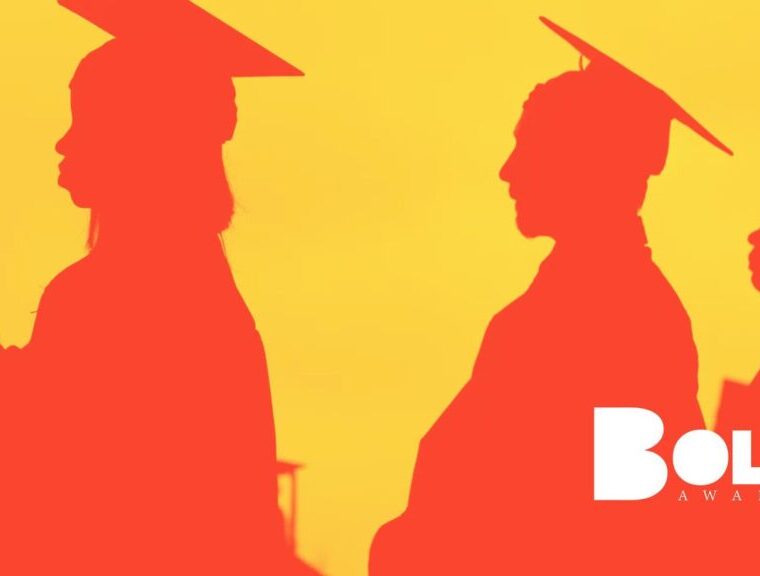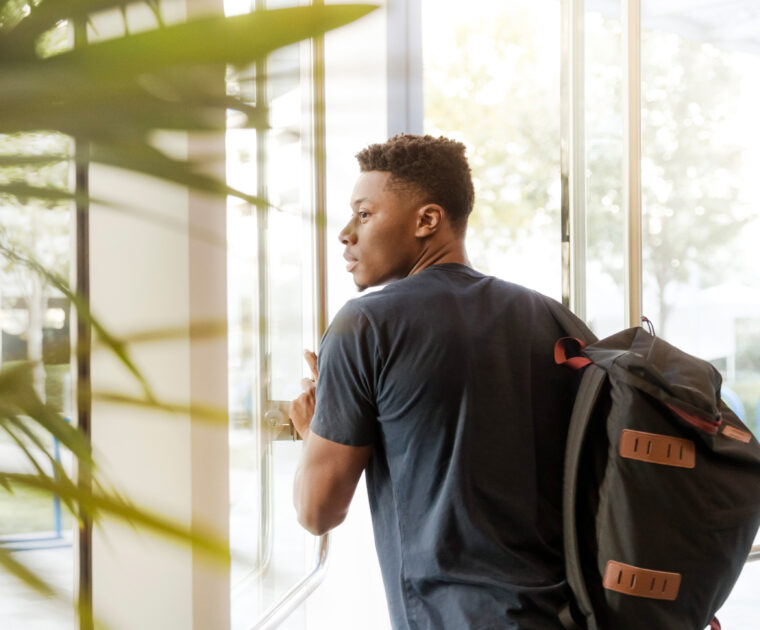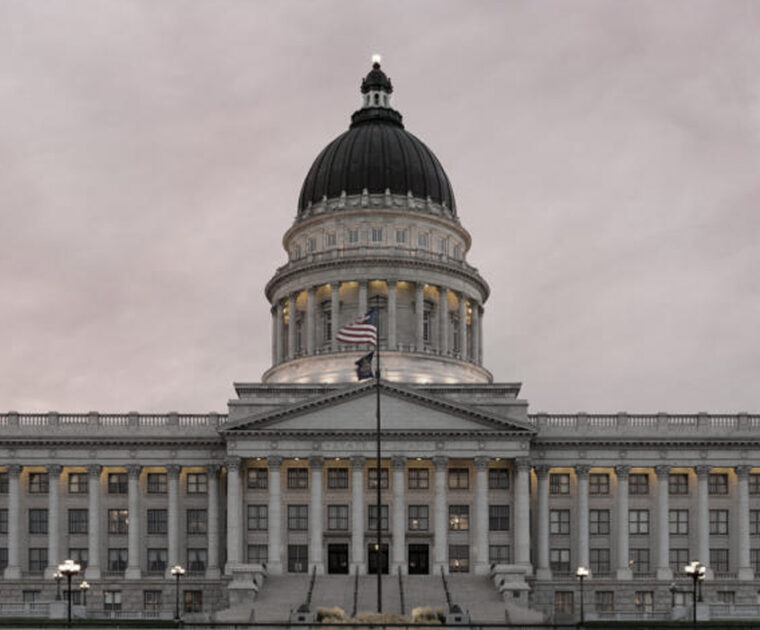Over 30 million Americans filed for unemployment since we locked the nation down in response to the COVID-19 pandemic. The economic impact of our response to this crisis is unprecedented. In the darkest moments of the Great Recession, only 1 in 10 American workers looking for work couldn’t find it. We’ve surpassed that mark in less than a month.
The scale of the current crisis is mind-boggling. But those overall numbers don’t tell the whole story, because not all American workers are the same. In the last recession, the unemployment rate for American Indians and Alaska Natives was 15%, for Latinx workers it reached 13%, and for African Americans it touched 17%.
The unemployment rate for college graduates, however, barely grazed 5%.
We know how to protect ourselves from unemployment in America – even in a downturn. One simply needs to hold a college degree. In response to the Great Recession, enrollment in America’s colleges boomed. 2007 US enrollment was a little more than 15 million students. By 2010 it was over 18 million. We doubled down on education and sprinted forward as a nation. African American enrollment took a greater slice of the pie, jumping from 9% of all college students to 14% and stayed there. Hispanic students’ share quickly leapt by 1/3. It’s now nearly double what it was before the recession. The most vulnerable among us saw the power of a college degree and sought them out.
But the current crisis is different. The coronavirus is attacking higher education finances head on, putting their long-term survival at risk.
The experience of a residential four-year college is quite different than even the best online-only or online-first institutions. Students pay an increasingly large tuition premium for the in-person experience. So, as colleges have been forced to shift their instruction online, many students have begun to reassess the value they are getting for their investment. 1 in 6 college students set to enroll in the fall are reportedly revisiting that decision. Students applying right now are questioning if colleges will be open in the fall, if the experience will be worth it, or if they should just wait a year or two. Students likely believe colleges will always be there. But that is far from clear.
Colleges’ revenue streams are upside down. Many students are skipping summer term this year. Some schools are deferring fall start to the winter of 2021. And fall enrollment at some schools will likely decline , now that students are unable to attend college fairs or visit campuses. And all of this stacks on top of dozens of colleges that have closed their doors in the last 3 years, with a 2019 study from E&Y listing 800 colleges as “at risk for financial closure.”
Particularly at risk are America’s 101 Historically Black Colleges and Universities (HBCUs). HBCUs have served as a safe haven for talented students to seek out an education in an environment unencumbered by racism in a nation still struggling to address its historic inequalities. In the last 100 years, HBCUs have provided millions of disadvantaged Americans access to the American Dream, training doctors, lawyers, and engineers. HBCU-trained leaders return to those same disadvantaged communities and do much of the heavy lifting to help many in need escape the poverty trap. HBCUs are a critical piece of the higher education infrastructure in America that is the envy of the world. Yet, in the 6 years following the Great Recession enrollment at HBCUs fell 11%. We may lose some of these colleges to the COVID-19 crisis.
But with a little ingenuity and some fast action, we can save these critical institutions. We need to encourage prospective students to enroll this fall. We need to broadcast the importance of a college degree in combating the impacts of an economic downturn. And because a college degree represents such a large upfront investment in time and money, we need to give students some confidence that it will be worth it. We need to provide certainty in uncertain times. We can do that by guaranteeing the outcomes of graduates in the years following their graduation.
For roughly $100M congress could guarantee the earnings of every new student enrolling at an HBCU this fall. And with that guarantee, HBCUs can offer economic certainty to students desperate to find one. Let’s act now and shore up the ladder that gives so many of our brightest Americans access to the American Dream. In doing so, we can begin to flatten the curve of unemployment that most directly impacts America’s minority populations. While guaranteeing earnings can certainly be broader than just HBCUs, let’s start by using our response to this crisis to help shape the America we want to live in and insure a bright future for all.
CEO Wade Eyerly and President Dennis Murashko co-founded Degree Insurance.






Leave a Reply